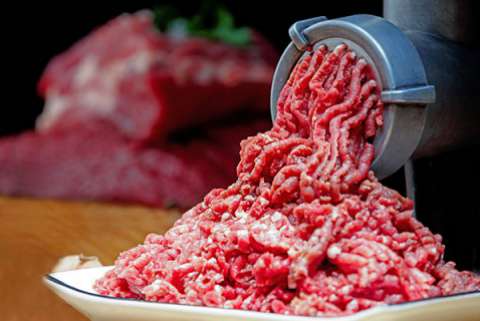In a recent TCPA case before the Southern District of California court, the defendant successfully managed to use the plaintiff’s own evidence against him, resulting in the court granting a motion to dismiss without leave to amend in the putative class action lawsuit.
The plaintiff in Derrick v. Kroger Co., No. 3:19-cv-00106-AJB-MDD, 2019 U.S. Dist. LEXIS 135803 (S.D. Cal. Aug. 12, 2019) sued Kroger, a chain of grocery stores, for using an ATDS to call him and other putative class action members. The plaintiff claimed that the calls were unauthorized marketing calls and offered, as evidence, five complaints posted online from other customers who had received the calls. However, the plaintiff presented these complaints as truncated quotes, which would ultimately prove his undoing.
Kroger did not dispute that they had made the calls at issue. But they argued that the calls fell within the TCPA’s emergency exception as they “warned consumers about salmonella-tainted beef” and were “related to consumers’ injury or death.” When Kroger filed a motion to dismiss the suit, they included the full versions of two of the quotes that the plaintiff had originally introduced as evidence. These full versions did indeed support Kroger’s claims about the beef-related purpose of the calls.
The truncated versions of the quotes, as presented by the plaintiff, read as follows:
- “Automated call from Kroger…”
- “Call from Kroger stores…”
The full versions of the quotes, as presented by Kroger, read as follows:
- “Automated call from Kroger, requesting that you return ground beef that was purchased between August and September of 2018, due to the threat of salmonella. Stores would include Smith's, Ralph's, Baker's and other Kroger stores.”
- “Call from Kroger stores advising that we purchased ground beef between Aug 15 & sept 10, 2018. If you still have any in your freezer, be sure you return it back to the KrogercStore [sic].”
The court sided with Kroger, reasoning that it had “a bona fide emergency in its tainted and potentially life-threatening beef, and thus called potential customers of that beef to warn them.” As to the plaintiff’s argument, the court determined that the “complaint makes only conclusory allegations that the calls were done for marketing purposes, and even goes so far as to misrepresent information to the Court in doing so.” The court resolved this beef in favor of Kroger and granted the business’s motion to dismiss.





